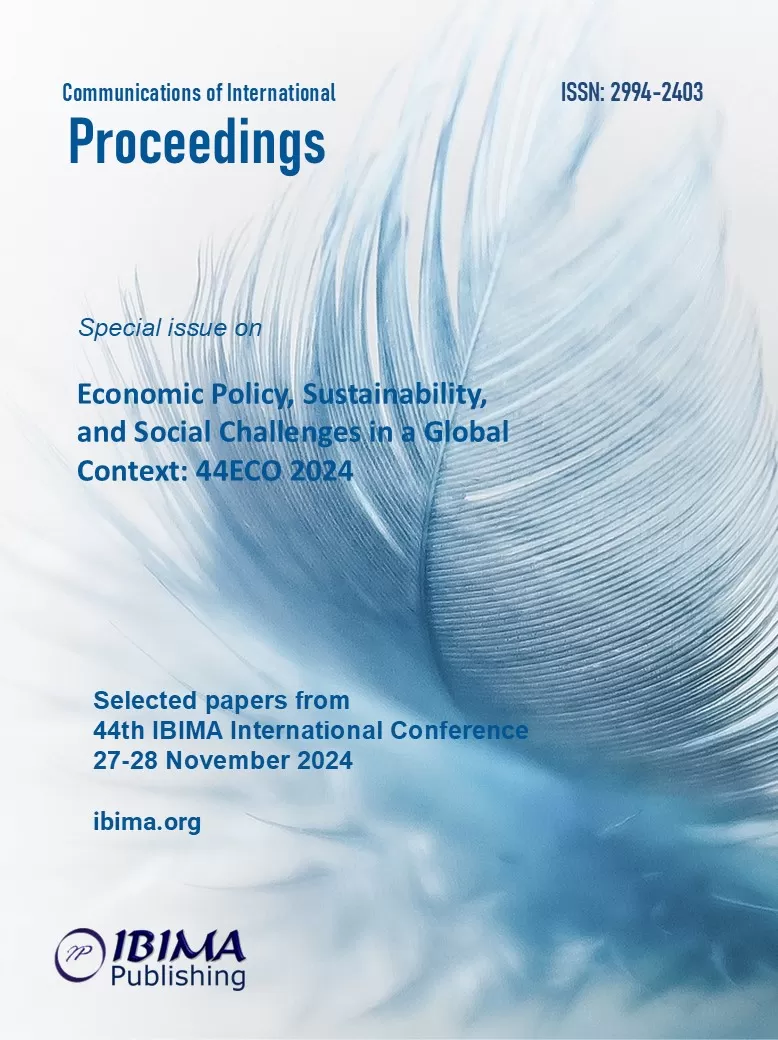
Krzysztof DZIADEK1 and Ireneusz ROSIEK2
1 Koszalin University of Technology
2 Warsaw University of Life Sciences

Effective public management requires the creation of a useful classification framework for public funds to facilitate budget planning and reporting processes related to expenditures incurred by public sector entities. In Poland, a budget classification system encompassing departments, sections, and paragraphs has been in use for many years. Although there have been attempts to replace it with a so-called performance-based budget, this system remains the primary tool for managing public funds. Currently, a debate is ongoing in Poland on how to reform the system of classifying public funds to improve the efficiency, transparency, and accountability of the public finance sector.
At present, the classification system includes, among other things, a category for expenditures on translation services. The authors of this article sought to determine the level of spending allocated by Polish local government units to translation services, assuming that the influx of Ukrainian citizens to Poland due to the ongoing war has increased expenditures in this area. However, the study found that such data could not be determined, despite the budget classification providing a category for grouping these expenditures.
The obstacle lay in the fact that for expenditures related to assistance for Ukrainian citizens, the legislature created separate classification categories. The level of detail in the data presented within these categories does not allow for the identification of specific expenditures on translation services. The study concluded that a significant drawback of the Polish budget classification system is the inconsistent methodology for establishing new categories, which disrupts the transparency of public expenditures.